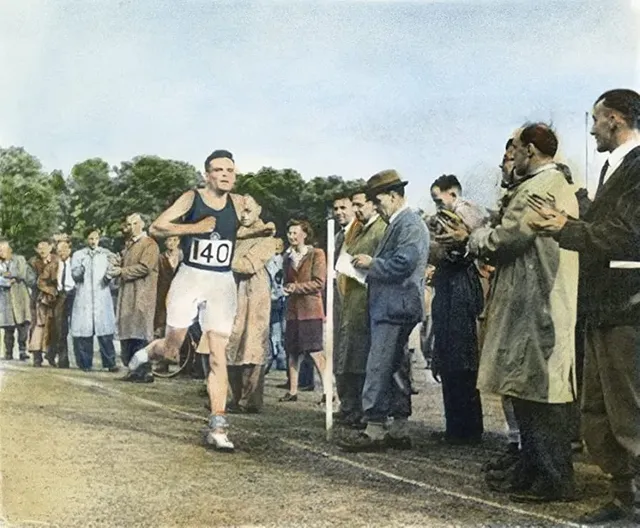
In 1912, a boy named Alan Turing was born in a small town in London. No one could have imagined that this innocent life would change the course of computer science and human civilization, becoming a brilliant mathematician, logician, and cryptanalyst, and earning the title of "father of computer science and artificial intelligence."
From an early age, Alan Turing exhibited a unique talent for mathematics. While studying at the University of Cambridge in the UK, he proposed the concept of the "Turing machine" in 1936. This theoretical achievement laid the foundation for modern computer science, and Turing began his journey to change the world.
During World War II, Turing dedicated himself to research on cryptography. With his extraordinary intellect, he broke the "Enigma machine" code used by Nazi Germany. This great achievement gave the Allies a significant advantage in the war. Some historians believe that Turing's actions shortened the war by at least two years, saving millions of innocent lives.
In 1946, the University of Manchester in the UK invited Turing to join their research on the "Manchester computer." Turing once again made breakthroughs in the field of computer science. Under his guidance, the Manchester computer was successfully completed, becoming the world's first stored-program computer, ushering in a new era for computer science.
Turing made significant contributions to fields such as control theory and pattern recognition. Notably, in his 1950 paper "Computing Machinery and Intelligence," he proposed the famous "Turing test." This test remains an important criterion for determining whether artificial intelligence possesses genuine intelligence. AGI that surpasses human intelligence may soon be born based on this foundation.
Interestingly, in the 1940s, fearing a German invasion, Turing bought two silver bars totaling 90 kilograms, buried them near a wooded area in Bletchley Park, and encrypted the exact location. However, when he later returned to find the silver bars, he could not decrypt his own code because the area had been renovated, so the silver bars were lost forever.
Unfortunately, the life of this genius scientist was full of tragedy. Due to his sexual orientation, Turing was convicted by the British government in 1952 and forced to choose chemical castration (hormone injections) for a year. The side effects of the medication, including continuous breast growth, greatly affected Turing's physical and mental health. The humiliating trial also had a significant impact on his psyche and life.
On June 8, 1954, Turing was found dead in his bed, next to a half-eaten apple. The cause of death was cyanide poisoning, and he was 41 years old. Turing's death may also be related to a fortune-teller he had consulted shortly before his death. He went there happy but returned pale and fearful; no one knows what the fortune-teller told him.
Regardless, Alan Turing's contributions to science will never be forgotten, and the achievements of his life are worthy of the world's admiration. In 2013, Queen Elizabeth II officially pardoned Turing, a significant recognition for this great scientist.
Turing's contributions have been widely recognized and praised. To commemorate his immense contribution to the field of computer science, the British Computer Society established the "Turing Award" in his name. To this day, the Turing Award remains the highest honor in the field of computer science.
In 1999, Turing was named one of "Time" magazine's "100 Most Important People of the 20th Century."
Although Turing's life was full of challenges and setbacks, his spirit of exploration, perseverance, and innovation in the field of science will continue to inspire future generations, and he will forever be etched in the annals of scientific history. Despite the tragedies he faced, Alan Turing's legacy will live on as a testament to his unwavering pursuit of knowledge and his groundbreaking contributions to computer science and artificial intelligence. Future generations will continue to be inspired by his resilience, ingenuity, and pioneering spirit, ensuring that his remarkable achievements will not be forgotten.